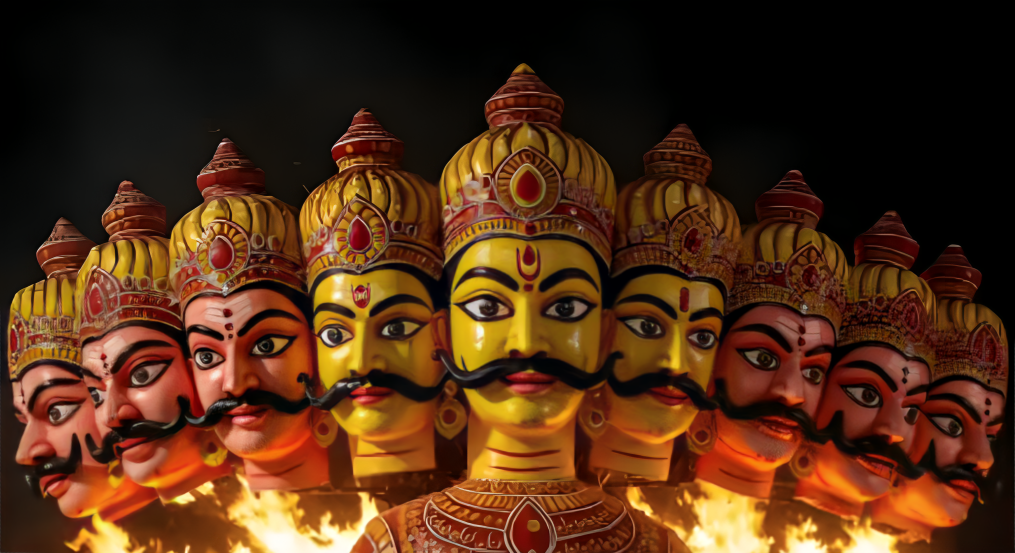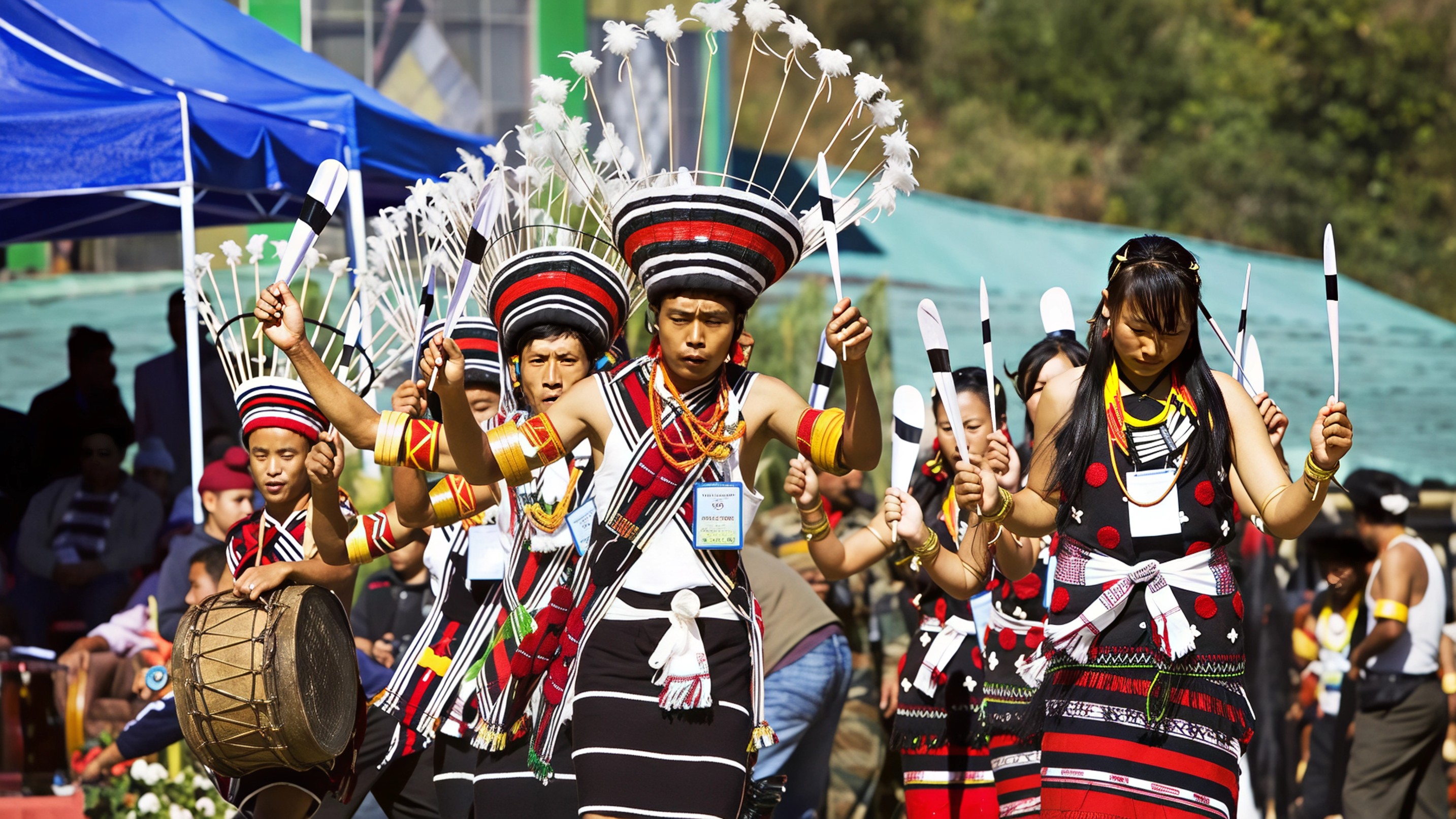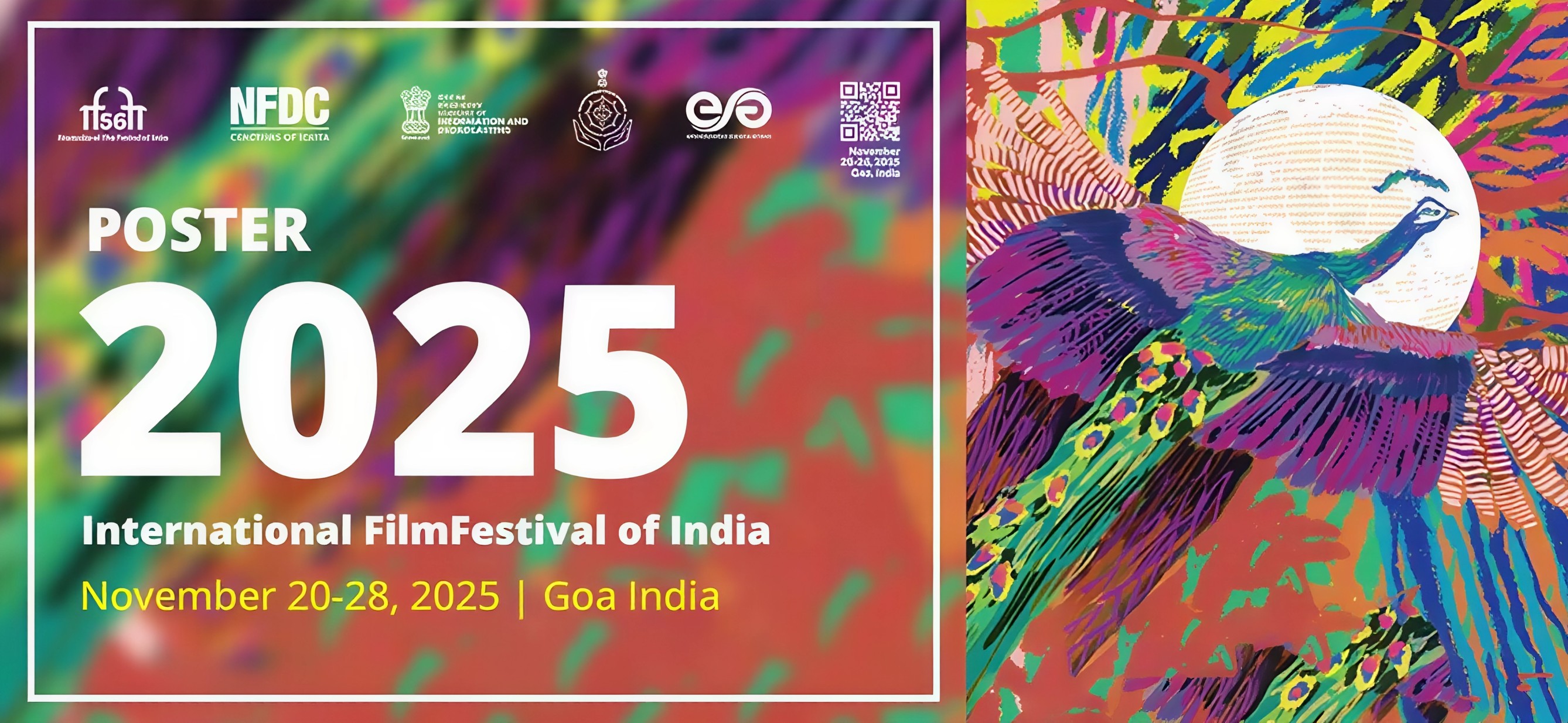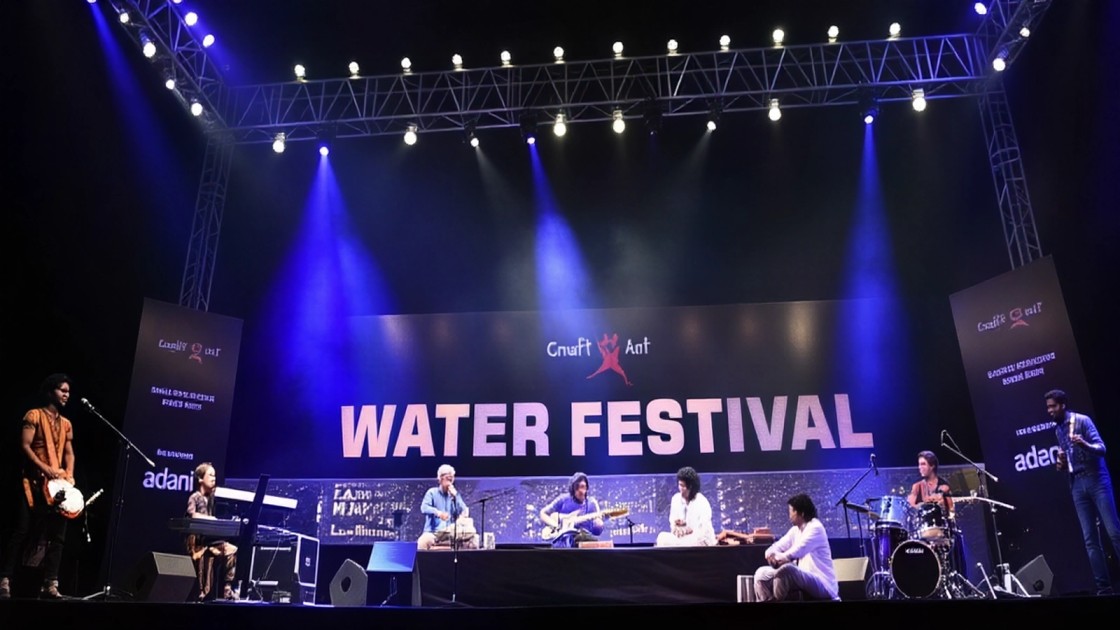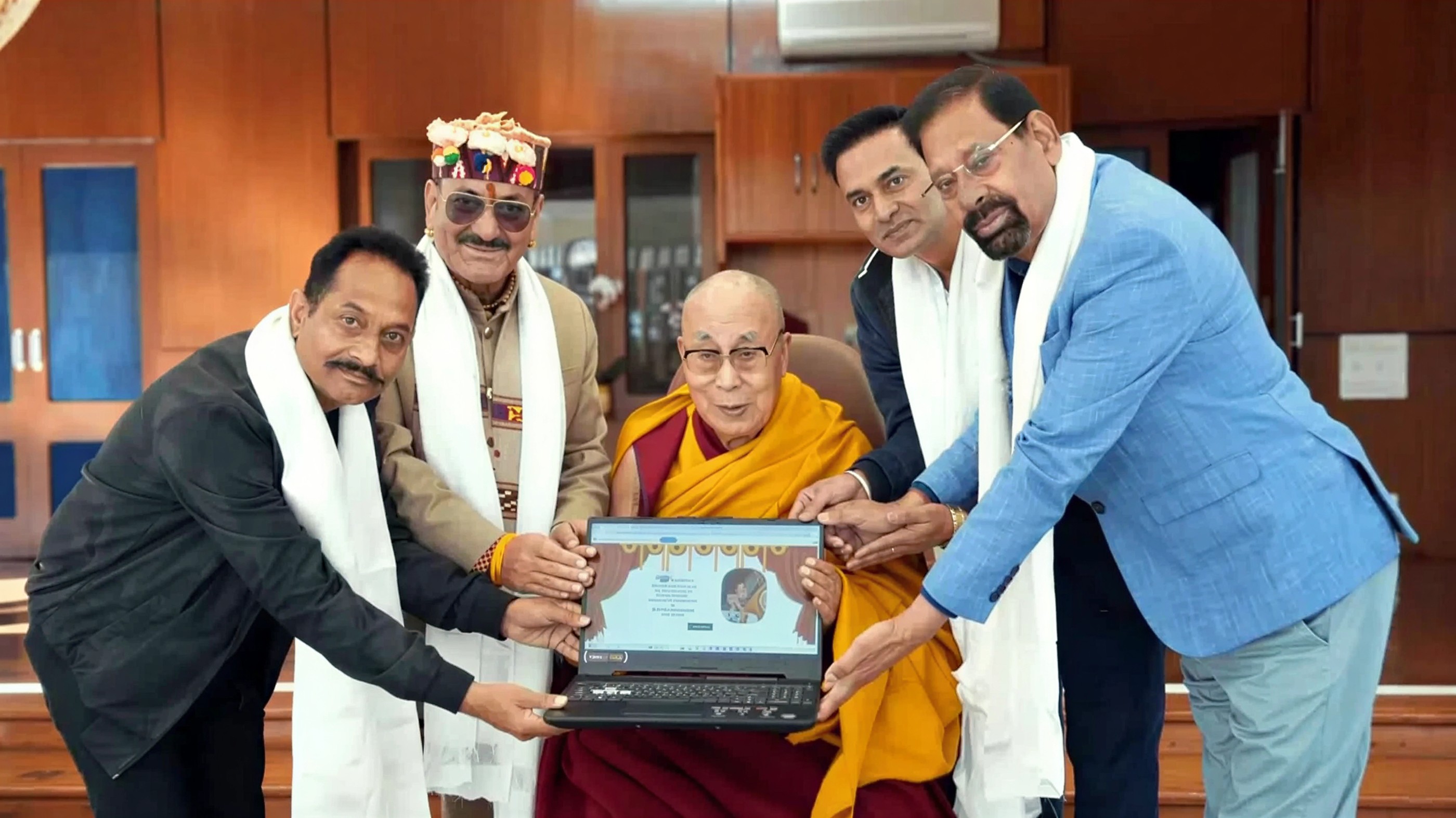A Different Story Of Dussehra
Across India, the sight of towering effigies of Ravan going up in flames is a familiar ritual, symbolising the triumph of good over evil. Yet in some regions, the story takes a fascinating turn. Here, Ravan is not despised but deeply respected for his scholarship, his devotion to Lord Shiva, and his legendary knowledge of the Vedas. Instead of fire, these towns embrace prayer, rituals, and reverence.
1. Bisrakh Uttar Pradesh Ravan’s Birthplace
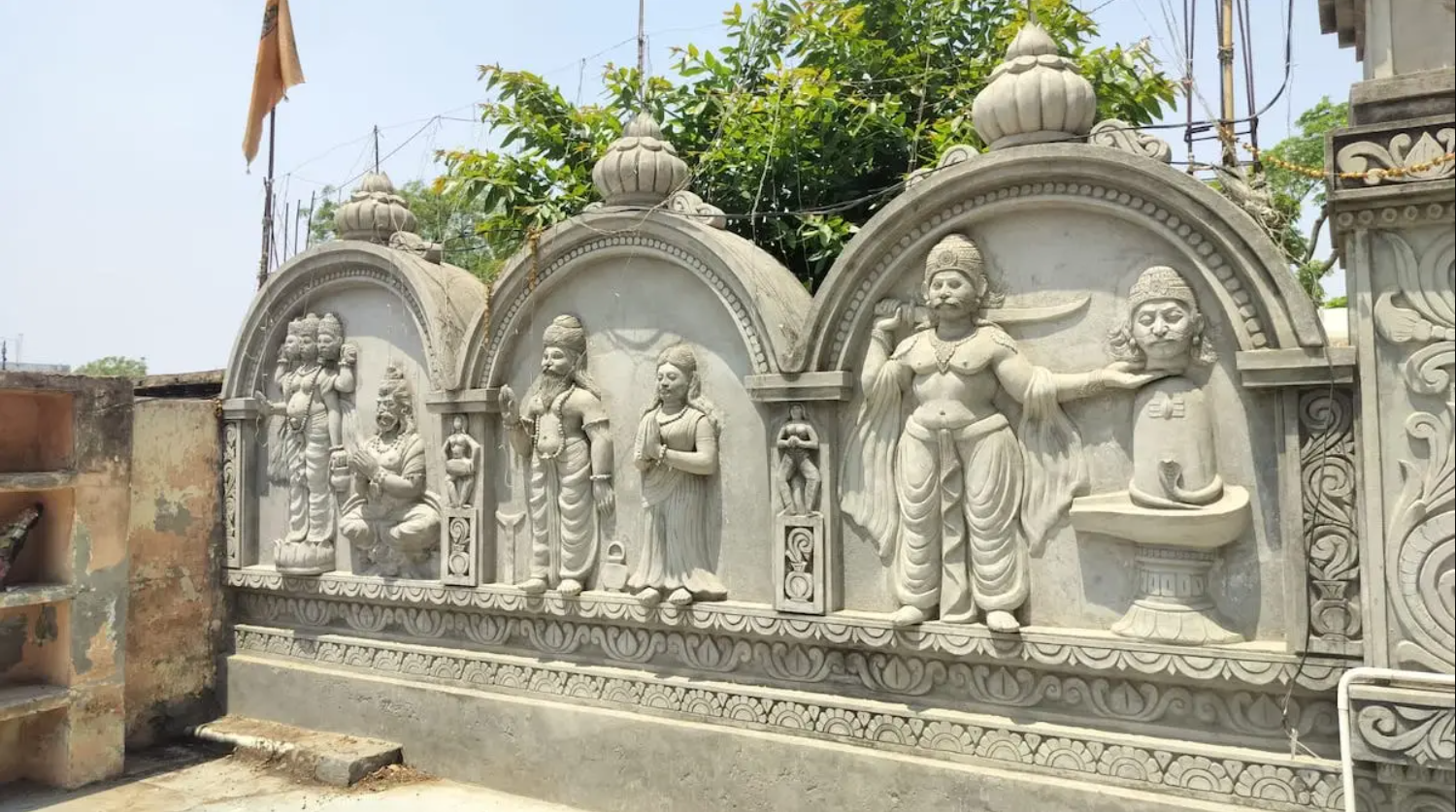
In the village of Bisrakh, near Greater Noida, locals believe Ravan was born here, making the place his janmabhoomi. Instead of celebrating with effigies, the community observes the festival with yajnas and rituals. He is regarded as Maha Brahman, and many here believe that burning his effigy would bring misfortune to the village.
2. Kanpur Uttar Pradesh Worship At The Dashanan Temple
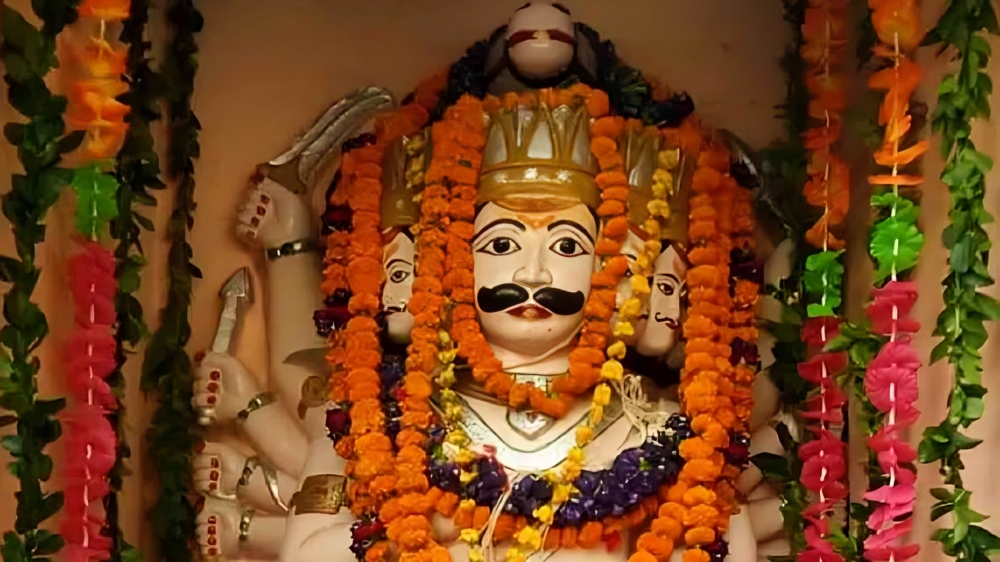
In Kanpur’s Shivala locality, the Dashanan Temple opens its doors only once a year on Dussehra. While most of the country chants victory over Ravan, devotees here cry out “Jai Lankesh” and praise him as a protector of Lord Shiva and Goddess Chinmastika. The rest of the year, the idol remains veiled and the temple stays closed, making the day even more significant.
3. Ravangram Madhya Pradesh Ravan As An Ancestor
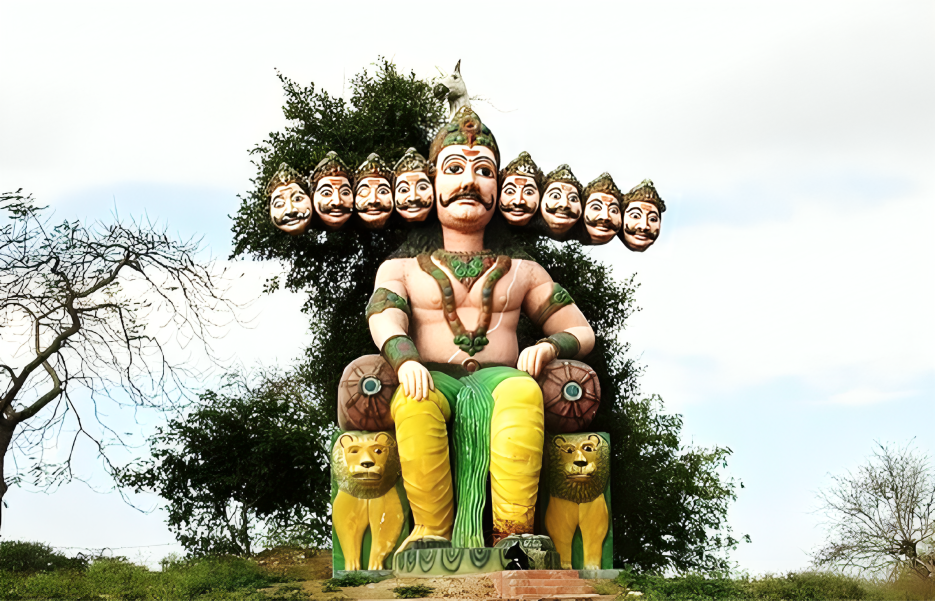
In the Vidisha district, the village of Ravangram treats Ravan as family. Locals believe they are descendants of his lineage and honour him as Ravana Baba. The Ravangram Ravan Temple houses a reclining statue about ten feet long, where prayers are offered with devotion. Ravan even receives the first wedding invitation whenever a marriage is planned in the village, reinforcing his place as a respected elder.
4. Mandsaur Madhya Pradesh Ravan The Revered Son In Law
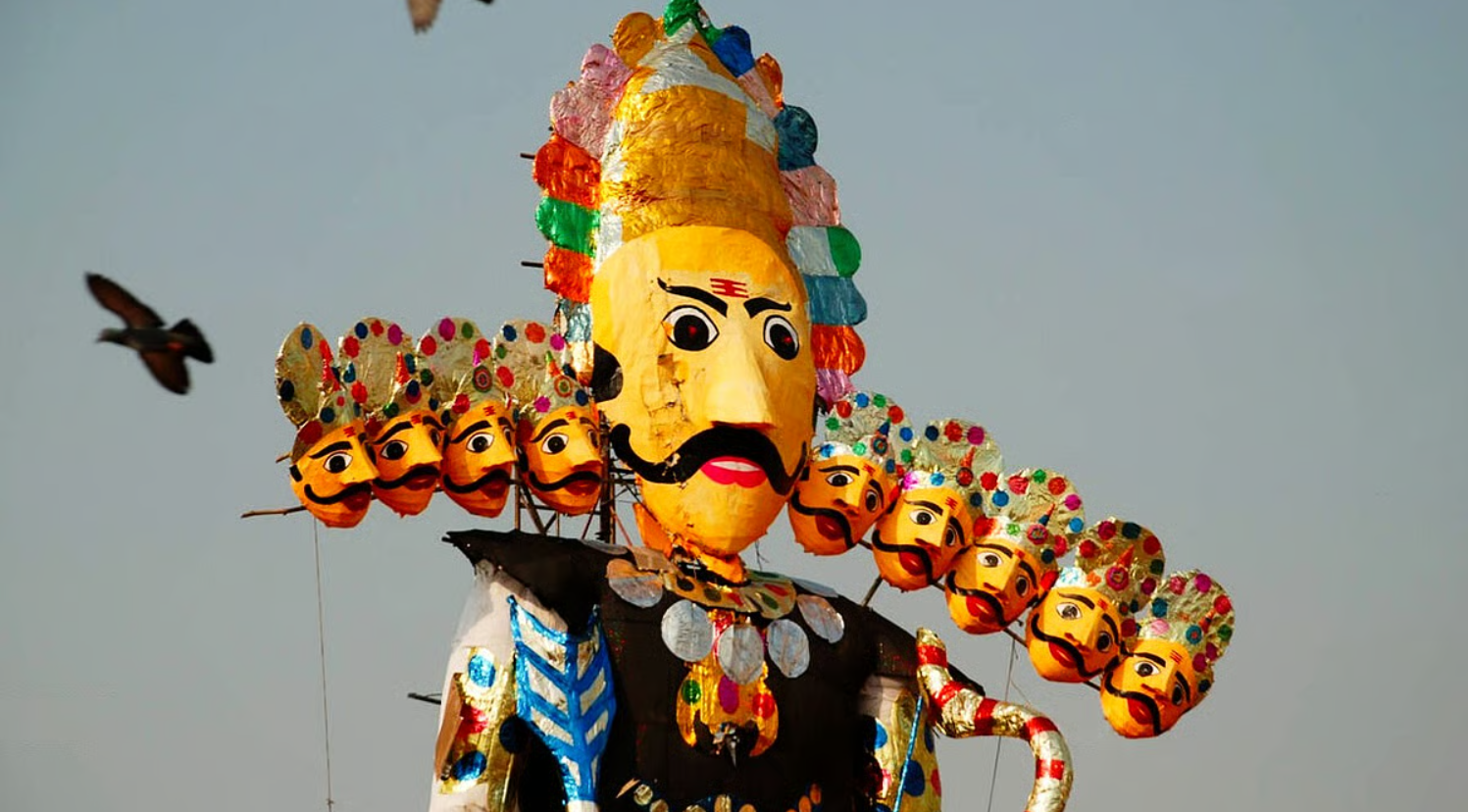
In the Vidisha district, the village of Ravangram treats Ravan as family. Locals believe they are descendants of his lineage and honour him as Ravana Baba. The Ravangram Ravan Temple houses a reclining statue about ten feet long, where prayers are offered with devotion. Ravan even receives the first wedding invitation whenever a marriage is planned in the village, reinforcing his place as a respected elder.
A Complex Legacy
These towns remind us that India’s cultural traditions are not singular but layered with multiple narratives. Ravan may be seen as the villain in most retellings of the Ramayana, but in these places, he is a scholar, a king, a husband, a son-in-law, and above all, a devotee. The rituals reveal the richness of Indian traditions, where even the most complex characters are honoured for their virtues.
For more fascinating stories of Indian culture and travel, follow Travel Moves on Instagram and Facebook.

